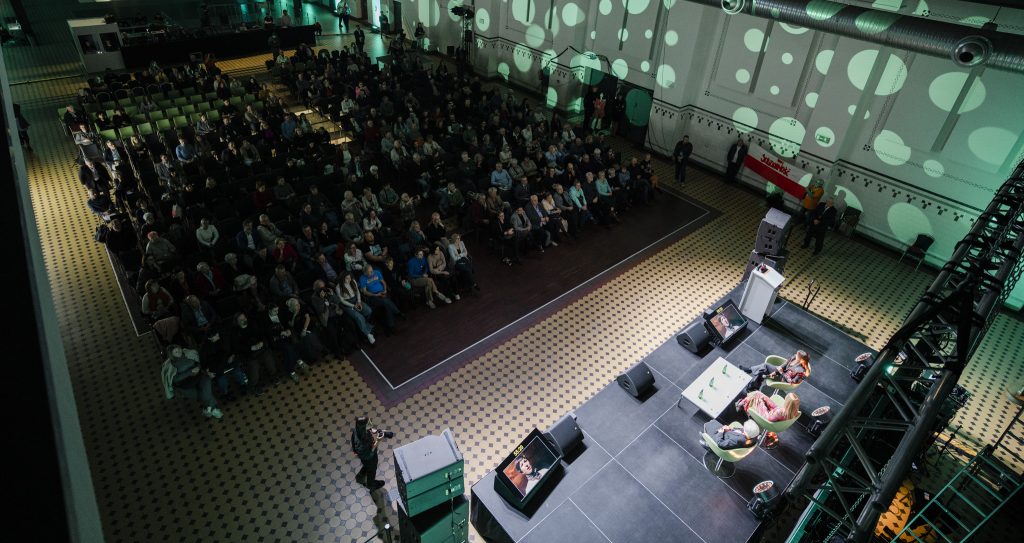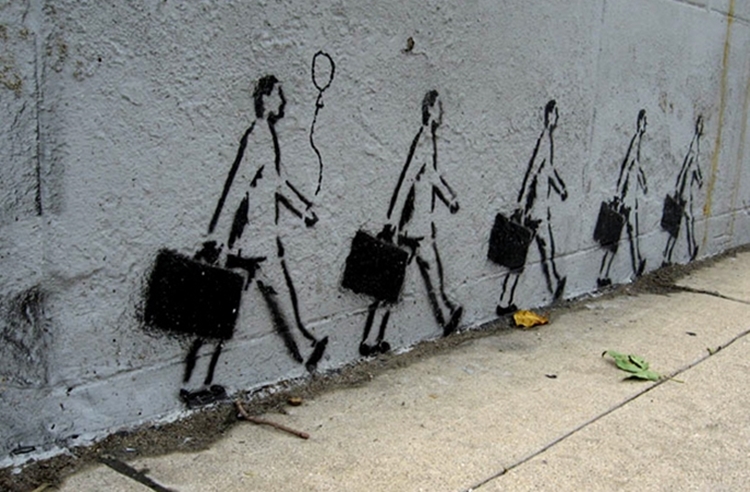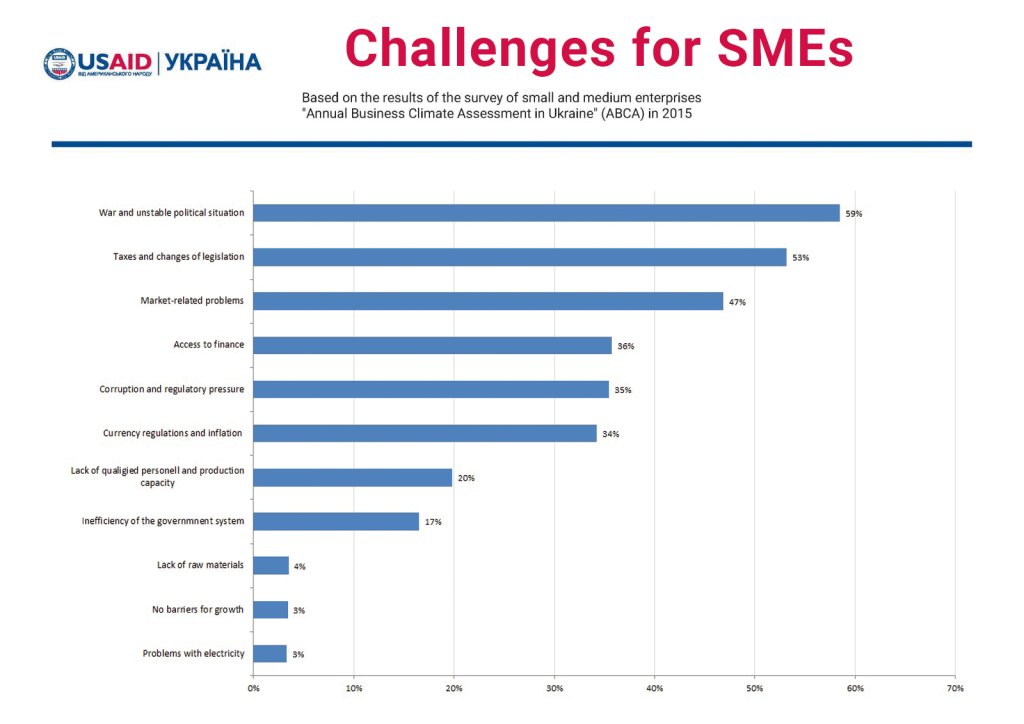
How Do Freedom Games’ Participants View Capitalism?
The Economic Freedom Foundation has supported the Freedom Games for several years. At this year\'s edition, at the EFF stand, participants were able to share their reflections on capitalism. We contrasted them with the content of Capitalist Manifesto by Johan Norberg. Among those who took part in our survey, positive associations predominated: capitalism means poverty reduction, efficient accumulation of resources, and freedom.











